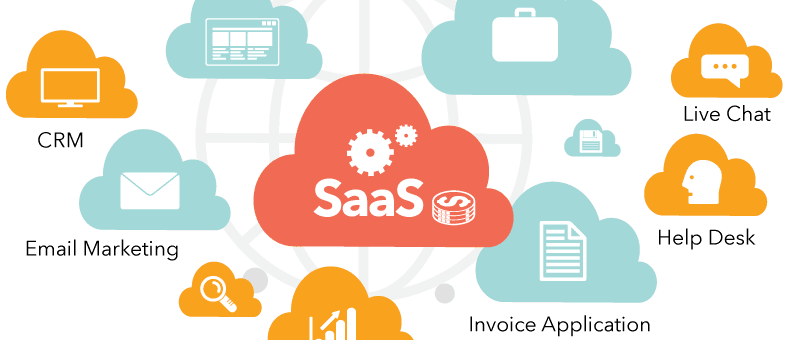Software as a service (SaaS) is software that is accessible from any web browser, rather than installed onto individual machines or networks.
This means no maintenance or IT involvement on the customer side, making adoption and ongoing use as easy as it can be.
SaaS is transforming the way we work, socialise, and do business with each other. It means that we need fewer programs installed on our computers, and can access our data and services from more devices, such as laptops, tablets and mobile phones.
As technology is evolving, we are becoming ever more mobile and flexible with our working styles, SaaS keeps us in touch wherever we are.
It is important to make a note that valuing a SaaS business can be a little different than other business models. Because the huge reinvestment often needed to grow a SaaS business can eat through all the profits, causing many people to buy SaaS businesses based on their confidence in continued, stable growth.
Many SaaS products are actually quite good, but the inability to manage hypergrowth is something that many businesses suffer from, which can cause many to fail as well.
Affordability
SaaS pricing tends to be an easier pill to swallow because it is usually based on a monthly fee, rather than an annual license or a high one-time cost. For many businesses, it is tough to have large expense outlays, so the monthly fee is easier to manage.
If the company buys a license for on-premise software for an employee that leaves the company shortly after purchase, then the money spent on that employee’s license becomes wasted until they find a new employee.
With SaaS, however, the company could simply pause the license until they make a new hire or adjust their subscription to a smaller package.
And since the vendor handles the hosting of the software, the company can reduce IT expenses. If the software were to malfunction, for instance, the vendor would fix it rather than the user having to bring in an IT specialist to diagnose and fix the problem.
Flexibility
The affordability of SaaS ties into the flexibility it offers, such as being able to switch offerings as needed. Whether a company’s size changes or it has new software requirements, SaaS offerings can easily scale up or down depending on what the company needs.
In addition, the remote hosting of SaaS means that its accessibility is not tied to one device or location. As long as there’s an internet connection (and many SaaS offerings have offline functionality too), employees can log in from essentially any device, anywhere to use the software as needed.
With a SaaS accounting platform, for instance, an employee could enter travel expenses while on the road, rather than waiting to get back to the office. This flexibility is attractive to employees and can reduce turnover.
Simplicity
Most SaaS products do not require any on-site installations or additional hardware components, it is very easy to start using these platforms without technical expertise.
And rather than having to install new systems every few years to keep up with technology changes, SaaS platforms can add new functionality along the way, which makes it simpler for companies to not have to worry as much about keeping up with change.





